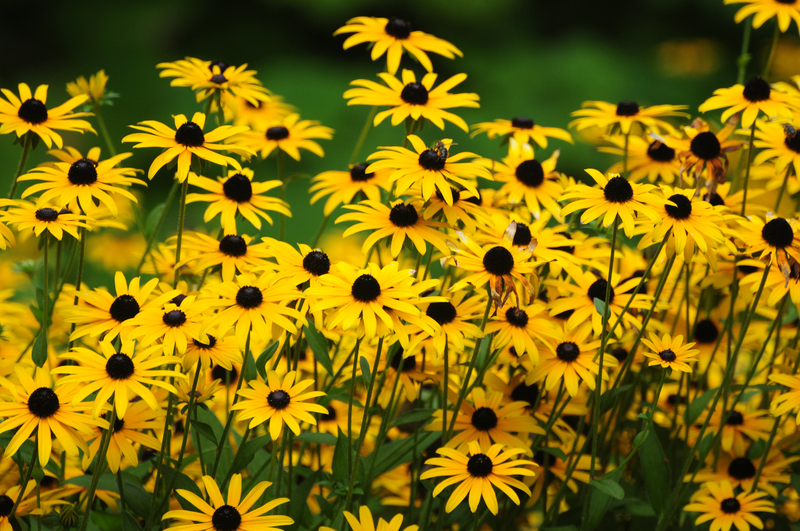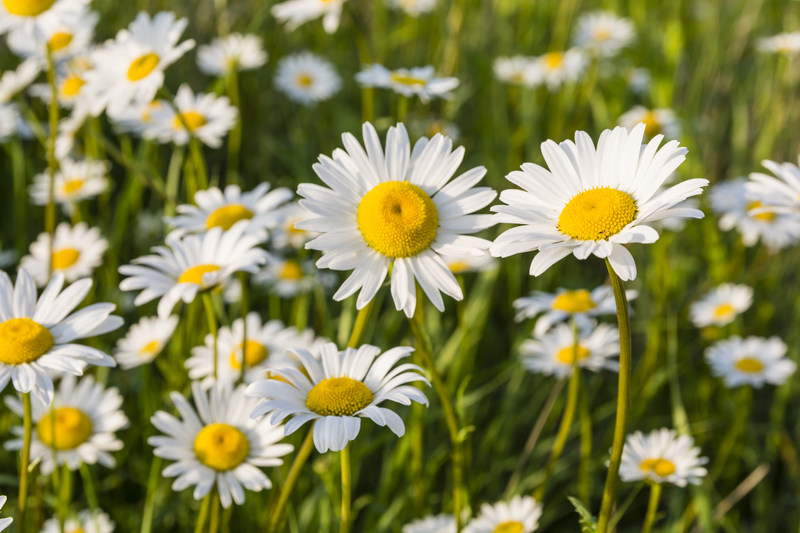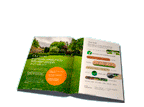Natural Slug Control Techniques
Posted on 21/03/2025
Slugs can be a major problem for gardeners. These slimy pests can wreak havoc on your plants, causing damage and reducing their overall health. However, there are plenty of natural methods to control and manage slugs without resorting to toxic chemicals. By using organic and environmentally friendly techniques, you can protect your garden while maintaining healthy soil and beneficial insect populations. Below are several effective ways to naturally control slugs in your garden.
1. Copper Barriers
One effective way to deter slugs is by using copper barriers. When a slug touches copper, it experiences a mild electric shock, which repels it. You can use copper tape around the edges of plant pots or create barriers around your garden beds with copper wire. This method is humane and non-toxic, making it an excellent option for organic gardening.

2. Diatomaceous Earth
Diatomaceous earth is a powder made from fossilized diatoms. It works by dehydrating slugs and other pests, causing them to die. To use it, simply sprinkle a thin layer around the base of your plants. It's important to reapply after rain or heavy watering, as moisture diminishes its effectiveness. Keep in mind that diatomaceous earth can also affect beneficial insects, so use it sparingly.
3. Beer Traps
Slugs are attracted to the scent of beer, making beer traps an effective bait and trap technique. To set up a beer trap, bury a shallow container in the ground up to its rim and fill it with beer. Slugs will be drawn to the beer, fall into the container, and drown. Empty the trap and refill it every couple of days to keep it functional.
4. Handpicking
Though it might be time-consuming, handpicking is a very effective way to control slug populations. The best time to do this is early in the morning or late in the evening when slugs are most active. Wearing gloves, manually remove and dispose of the slugs. You can also use a flashlight to spot them more easily at night.
5. Natural Predators
Introducing or attracting natural predators to your garden can help keep the slug population in check. Animals such as birds, toads, and beetles are natural enemies of slugs. You can create an inviting environment for these predators by providing birdhouses, shallow water sources, and dense foliage for hiding places.
6. Organic Slug Pellets
There are various organic slug pellets available that use iron phosphate as an active ingredient. These are less harmful to other wildlife and pets compared to traditional slug pellets. The iron phosphate disrupts the slug's digestive process, leading to its eventual death. Always follow the packaging instructions to ensure safe and effective use.
The Pros and Cons of Natural Slug Control Techniques
While natural methods are generally safer and more eco-friendly than chemical options, they do come with their own set of advantages and disadvantages.
Pros:
- Non-toxic and safe for the environment.
- Does not harm beneficial insects and pollinators when used correctly.
- Cost-effective long-term solutions.
Cons:
- Can be labor-intensive (such as handpicking).
- May require frequent reapplication or monitoring (e.g., beer traps, diatomaceous earth).
- Sometimes slower to show results compared to chemical treatments.
Tips for Effective Slug Control
- Maintain a regular schedule to monitor and control slug activity.
- Combine several techniques to increase the chances of success.
- Encourage the presence of natural predators in your garden.
- Avoid over-watering and keep your garden tidy to reduce slug habitats.

Takeaways
- Natural slug control techniques offer a safer and eco-friendly alternative to chemical pesticides.
- Copper barriers, diatomaceous earth, beer traps, handpicking, natural predators, and organic pellets are effective methods.
- Each method has its pros and cons, so it's best to use a combination of techniques for optimum results.
Conclusion
Managing slugs naturally requires a bit more effort and diligence, but it pays off by keeping your garden safe and healthy. By incorporating various natural techniques, you can effectively control slug populations without harmful chemicals. Remember to combine methods and stay consistent with your efforts to see the best results. Happy gardening!
Latest Posts
Easy Ways to Freshen Up Your Patio and Paving for Summer
Unique Autumn Garden Inspiration: Planting with the Season in Mind
Quick and Effective Ways to Sharpen Your Garden Shears at Home
Easy Ways to Keep Your Artificial Turf Looking Brand New
Elevate Tranquility With These Zen Garden Planting Inspirations






 Certified and experienced landscapers
Certified and experienced landscapers



 Get a Quote
Get a Quote